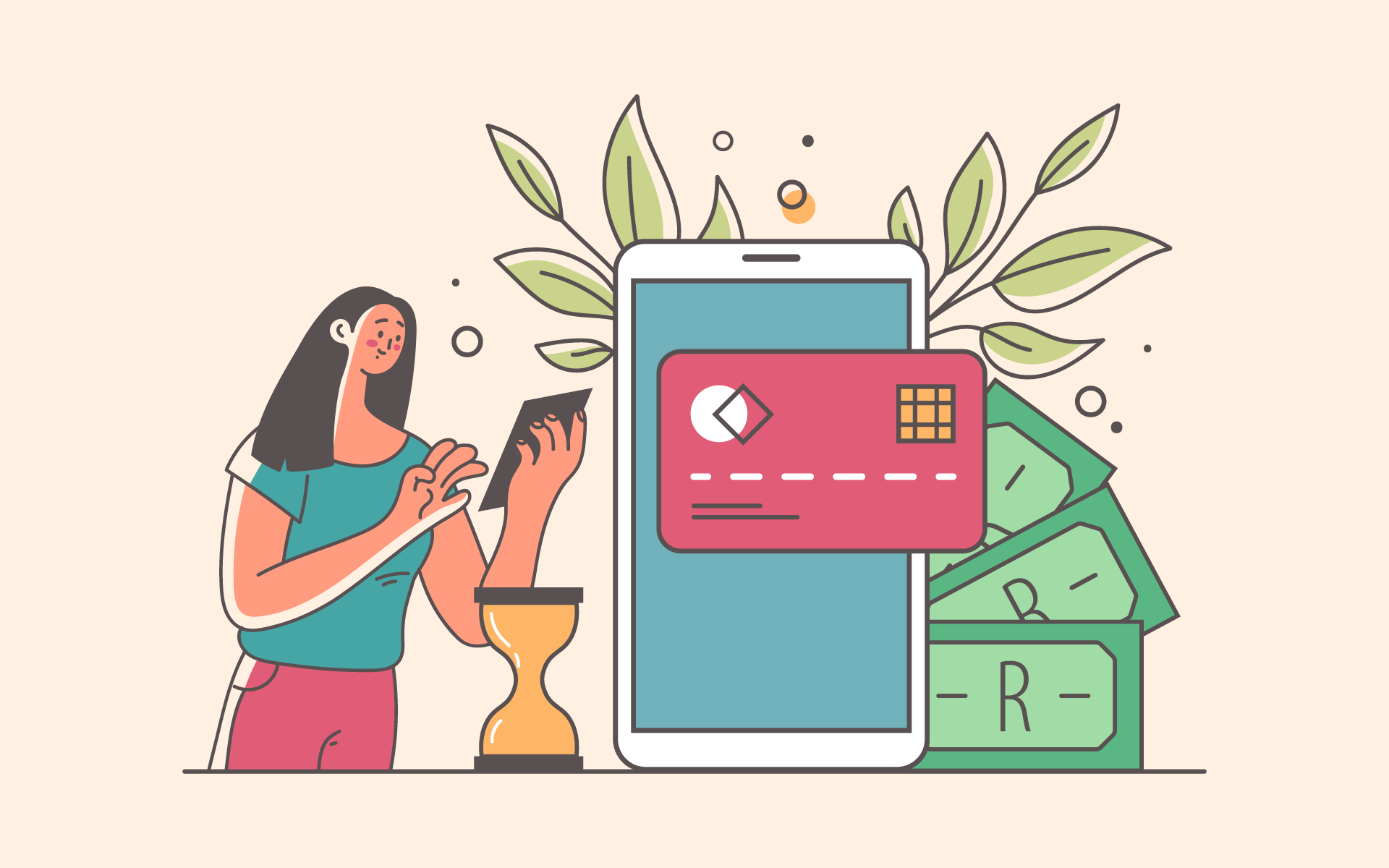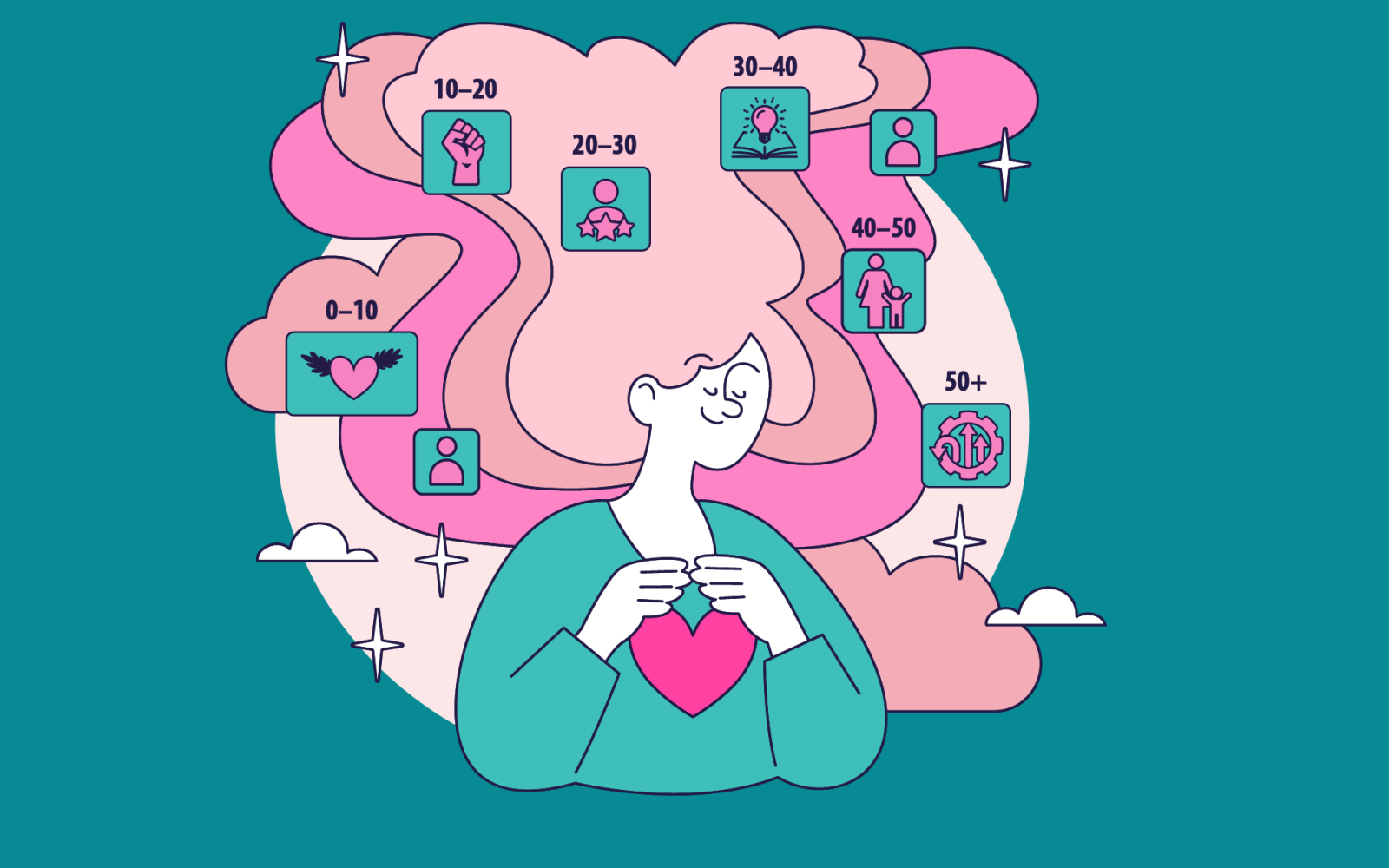Are you ready to say goodbye to your monthly paycheque?

A changing world means new ways of earning.
The traditional paycheque, a reliable monthly deposit that has structured working life for generations, is quietly becoming a relic of the past.
We’re witnessing a fundamental shift in the way work gets done and people get paid. We may be the last generation to experience the security of a single, stable income stream.
Instead of viewing this as a loss, we should see it as an opportunity to build something more resilient, diverse and ultimately more secure than the traditional employment model.
The signs are everywhere. Remote work has untethered jobs from geography. The gig economy has normalised project-based earnings.
Artificial intelligence is reshaping industries, while creating opportunities we couldn’t have imagined five years ago.
Real-time payment systems are making it possible to earn and be paid by the task, hour, or even minute.
By 2035, the concept of waiting two weeks or a month for payment may seem as antiquated as writing cheques. We’re moving towards a world of instant, project-based earnings where your income might come from multiple sources: a consulting project here, a digital product sale there, perhaps some passive income from investments or content creation.
The key to thriving in this new world is to build your capacity to adapt quickly and effectively. Here are five practical strategies to future-proof your career.
1. Diversify your income streams
Don’t wait for your current job to disappear before exploring alternatives. Start small with something manageable alongside your current role. Could you monetise a skill you already have?
Perhaps tutoring, freelance writing, graphic design, or consulting in your area of expertise? Could you rent out resources you’re not fully utilising – a parking space, equipment, or even your expertise through online platforms?
The goal isn’t to immediately replace your salary, but to prove that you can generate income independently. This builds a financial buffer and psychological confidence.
2. Develop your learning agility
In a rapidly changing work environment, your ability to learn new skills becomes your greatest asset. Commit to continuous learning, not just in your current field, but in adjacent areas that could expand your opportunities.
Focus on skills that complement technology, rather than compete with it. Algorithms can process information, but they need people to provide context and emotional intelligence.
Make learning a habit rather than an event. Dedicating even 30 minutes a week to acquiring new knowledge and keeping your skills current can have a significant compounding effect over time.
3. Build your financial resilience
Traditional financial advice assumed a regular paycheque. In a fluid income environment, you need different strategies. Start building multiple financial buffers. An emergency fund for lean months, but also investment accounts that can generate passive income.
Learn to manage irregular income by averaging your earnings over longer periods and budgeting accordingly. Develop systems for tracking multiple income sources and understanding your true hourly value across different types of work.
Consider this an opportunity to become more financially literate and independent.
4. Cultivate your professional network
In a project-based economy, opportunities often come through relationships, rather than job boards. Networking isn’t just about collecting business cards. It’s about building genuine professional relationships and contributing value to your community.
Engage in professional groups, online and offline. Share your knowledge and insights. Help others solve problems. The stronger your network, the more likely you are to hear about opportunities early and be recommended for interesting projects.
5. Embrace multiple professional identities
The traditional career path assumed you were one thing – an accountant, a teacher, a marketer. The future of work allows for more fluid professional identities. You might be a part-time consultant, a weekend educator, and a digital creator all at once.
This isn’t about spreading yourself thin, but about creating complementary income streams that reinforce each other. Your consulting work might generate content for your blog, which builds your reputation and leads to speaking opportunities, which create new consulting clients.
6. Shift your mindset
Perhaps the most important change is psychological. We need to shift from thinking of ourselves as employees to thinking of ourselves as entrepreneurs of our own careers. A key skill in South Africa, where unemployment figures are sky high.
This means taking ownership of our professional development, financial planning, and career trajectory in ways that previous generations didn’t need to consider.
This can feel daunting, but it’s also liberating. Instead of hoping your employer will provide security, you build your own. Instead of waiting for permission to advance, you create your own opportunities. That is, after all, the South African way. Across all cultures in our country, we have a can-do, boer-maak-‘n plan attitude, which is a massive strength.
The most successful people will be those who embrace change as an opportunity to build something better. Start where you are, with what you have.
Take one small step towards diversifying your income. Learn one new skill. Have one conversation that expands your network. Build one system that gives you better control over your finances.
The pay cheque served us well, but it was never really about security. It was about predictability. True security comes from adaptability, multiple options, and the confidence that you can create value, regardless of how the economy shifts.




